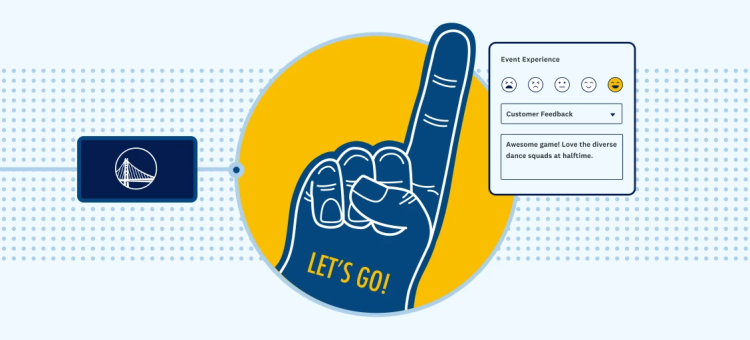Custom URLs can be extremely helpful in engaging respondents for your survey. Custom URLs allow you to create a specific, memorable URL that not only communicates what your survey is about, but can also make it friendly, appealing, and yes, even down-right compelling to click on. SEO (search engine optimization) masters have long been proponents of creating user-friendly, easy-to-remember URLs to increase click-through on search results. The same best practices such as describing your content and keeping it short apply to the URLs you create for your surveys, especially if you plan to promote your survey links across different media, such as email, on your website, and in online ads.
Specific promotional URLs can also be very useful on printed material like event programs, postcards, or even business cards. For example, let’s say SurveyMonkey is planning to organize some meetups to show some SurveyMonkey love to our customers in different cities (hey, we’re serious about this—tell us if you want us to come to your city!).
After each event, we might leave behind postcards, stickers, or tattoos to gather post-event feedback. To make these survey links friendly and memorable, we would create custom URLs such as:
(See how easy this is?) All the links go back to the same event feedback survey, but will allow us to track responses per event so we know if customers in Topeka love us more than the ones in Juno, or to compare what types of finger foods work best in Detroit versus London.
If you need more information on custom URLs, look no further than our Help Center, where you can learn how to use custom URLs to link to your survey or learn more about setting up collectors to track different respondent groups.



